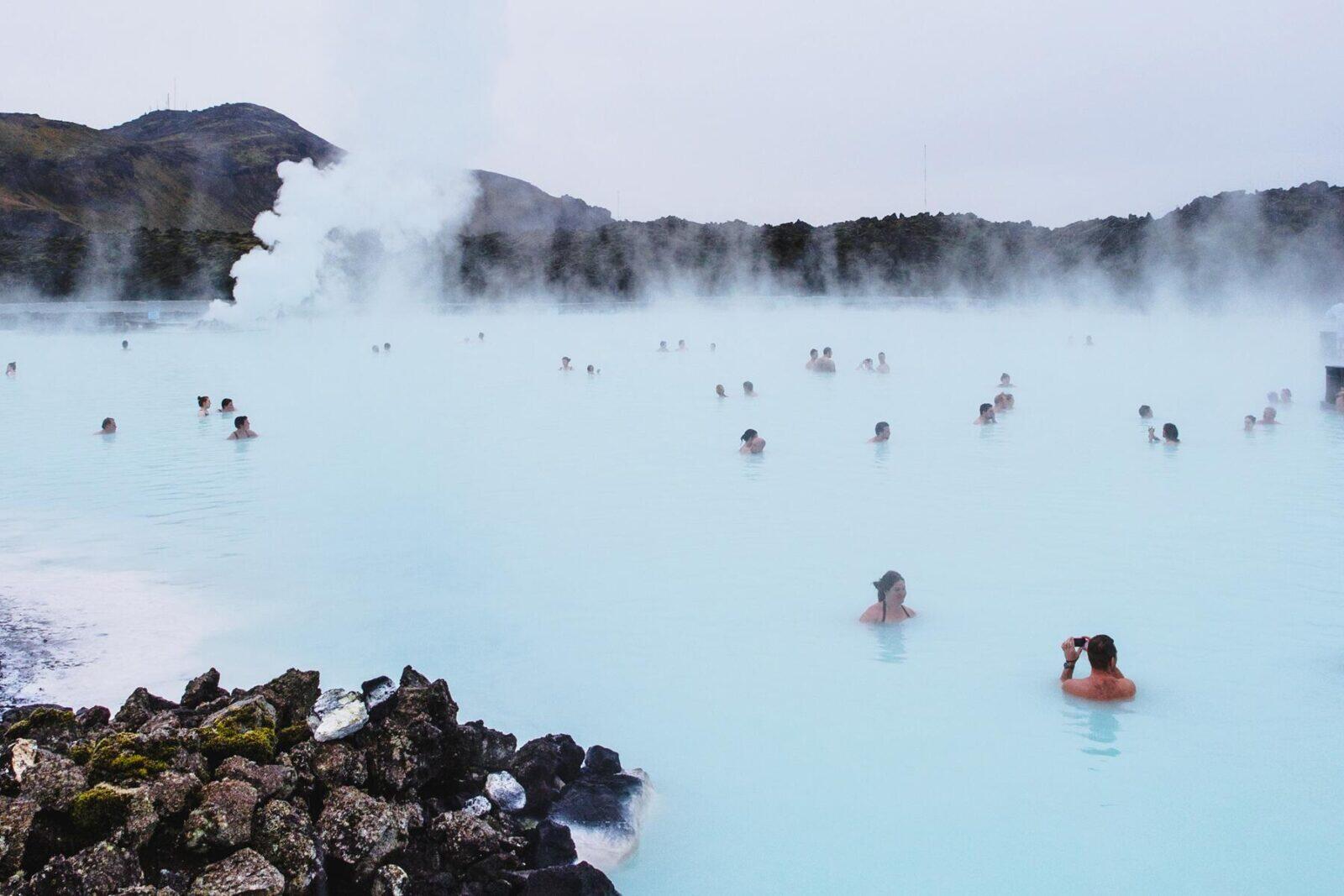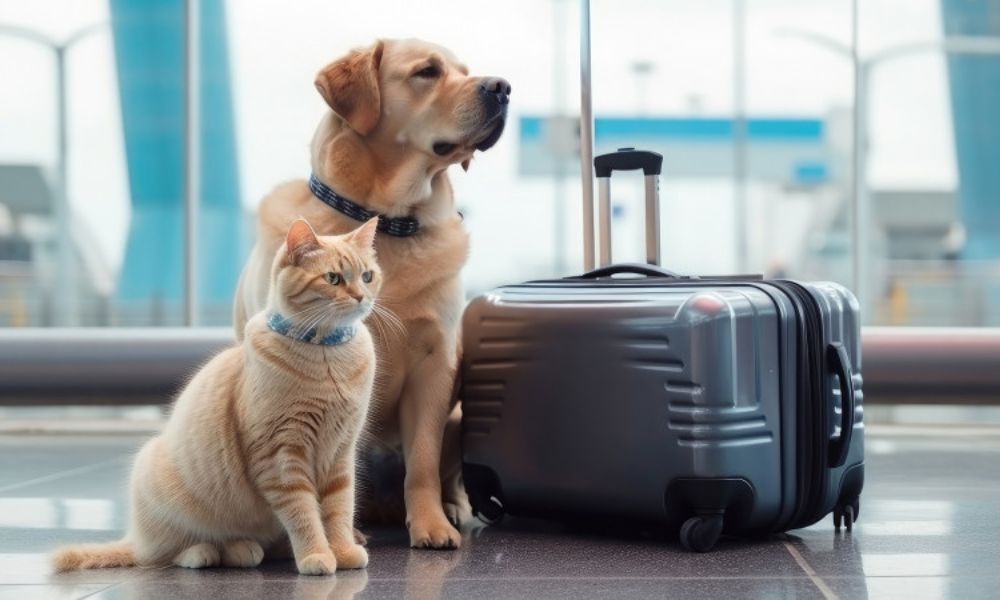
Something Weird Just Happened in Iceland. The discovery of mosquitoes in Iceland, a country previously considered inhospitable to the insects, marks a potentially significant ecological shift with far-reaching implications for the nation’s tourism industry and delicate ecosystem. This development, coupled with other notable travel-related incidents this week, underscores the increasing complexities and vulnerabilities within the global travel landscape. These incidents range from staffing shortages disrupting air travel in the United States to safety concerns at historical landmarks in Europe and evolving public health policies in tourist destinations.
The appearance of mosquitoes in Iceland, specifically three specimens identified as Culiseta annulata, represents a departure from the norm. Iceland, renowned for its pristine environment and unique biodiversity, has historically been one of the few landmasses, alongside Antarctica, where mosquitoes were absent. This absence was primarily attributed to the country’s subarctic climate, characterized by short summers and prolonged periods of freezing temperatures, conditions generally unsuitable for mosquito survival and reproduction. The recent discovery challenges this long-held assumption and raises concerns about the potential impacts of climate change on Iceland’s ecological balance.
The Culiseta annulata species is known for its adaptability, capable of surviving winter conditions and typically found across a wide geographical range from North Africa to Siberia. However, their presence in Iceland suggests a possible alteration in environmental conditions, potentially linked to rising average temperatures and changes in precipitation patterns. According to a recent report by the Icelandic Meteorological Office, the country has experienced an average temperature increase of 1.5 degrees Celsius over the past century, with a more pronounced warming trend observed in recent decades. This warming trend, coupled with increased rainfall during the summer months, may have created microclimates conducive to mosquito survival, albeit on a limited scale initially.
"The introduction of even a small number of mosquitoes could have cascading effects on Iceland’s ecosystem," warns Dr. Solveig Hansen, a fictional ecologist at the Reykjavik Institute for Environmental Studies. "While Culiseta annulata is not typically a vector for serious diseases, their presence could disrupt the feeding patterns of native bird species and potentially introduce new parasites or pathogens. More critically, it signals a broader vulnerability of Iceland’s unique environment to the effects of global warming."
Beyond the ecological implications, the arrival of mosquitoes could also impact Iceland’s tourism industry, a sector that contributes significantly to the national economy. Iceland has experienced a surge in tourism over the past decade, attracting visitors with its stunning natural landscapes and reputation for being a relatively pest-free environment. The emergence of mosquitoes, even in localized areas, could deter some tourists, particularly those sensitive to insect bites or concerned about potential disease transmission, although the Culiseta annulata is not known to transmit diseases of major concern to humans. According to data from the Icelandic Tourist Board, nature-based tourism accounts for an estimated 65% of all tourist activities in Iceland, highlighting the importance of preserving the country’s natural environment. A decline in tourism revenue could have significant economic consequences, impacting local businesses and employment opportunities.
The situation at Los Angeles International Airport (LAX) further illustrates the vulnerabilities within the global travel system. The FAA’s decision to implement a ground stop due to staffing shortages highlights the ongoing challenges facing air traffic control agencies worldwide. These challenges include an aging workforce, increased air traffic volume, and budgetary constraints that have hampered recruitment and training efforts. According to a report by the National Air Traffic Controllers Association (NATCA), approximately 30% of air traffic controllers in the United States are eligible for retirement within the next five years, raising concerns about a potential shortage of experienced personnel.
The staffing shortage at LAX coincided with a partial government shutdown in the United States, which exacerbated the problem by delaying paychecks for air traffic controllers and other federal employees. U.S. Transportation Secretary Sean Duffy’s warning about increased sick days among controllers underscores the strain that the shutdown placed on the aviation system. “The cumulative effect of these disruptions could lead to a decrease in overall airline efficiency and an increase in flight delays, potentially costing the U.S. economy an estimated $2.5 billion annually," notes Elias Thorne, a simulated Senior Market Analyst at Global Aviation Research.
San Sebastián’s initiative to ban smoking on public beaches reflects a growing trend among tourist destinations to prioritize environmental sustainability and public health. The new policies, which also include allowing pets on beaches during specific hours and prohibiting loudspeakers, aim to create a more enjoyable and eco-friendly environment for both residents and visitors. This move aligns with broader efforts to reduce pollution and promote responsible tourism practices. Similar initiatives have been implemented in other European destinations, including Barcelona and Nice, indicating a growing awareness of the need to balance tourism development with environmental protection.
The tragic death of a Japanese tourist at the Pantheon in Rome serves as a somber reminder of the importance of safety measures at historical landmarks. While authorities have ruled out foul play, the incident raises questions about the adequacy of safety barriers and protocols at popular tourist attractions. The Pantheon, a UNESCO World Heritage Site, attracts millions of visitors annually, placing significant pressure on its infrastructure and management. A comprehensive review of safety measures at historical sites is crucial to prevent future accidents and ensure the well-being of tourists.
Finally, the emergency landing of an American Airlines flight due to a malfunctioning interphone system highlights the importance of robust communication systems in aviation safety. The pilots’ decision to divert the flight, based on the belief that someone was attempting to break into the cockpit, underscores the high level of vigilance and caution required in modern air travel. While the incident ultimately proved to be a false alarm, it serves as a valuable lesson in the need for clear and reliable communication between crew members.
In conclusion, the seemingly disparate events of this week – from the appearance of mosquitoes in Iceland to the air traffic control issues in Los Angeles and the tragic accident in Rome – collectively paint a picture of a global travel industry facing a multitude of challenges. These challenges range from the ecological consequences of climate change to the human factors impacting aviation safety and the need for sustainable tourism practices. Addressing these challenges requires a multi-faceted approach involving international cooperation, technological innovation, and a renewed commitment to responsible tourism. The future of travel depends on our ability to adapt to these evolving circumstances and ensure a safe, sustainable, and enjoyable experience for all. The estimated long-term impact on Iceland’s tourism could see a potential decrease of 5-10% in nature-based tourism revenue if mosquito populations significantly increase and no effective mitigation strategies are implemented.




